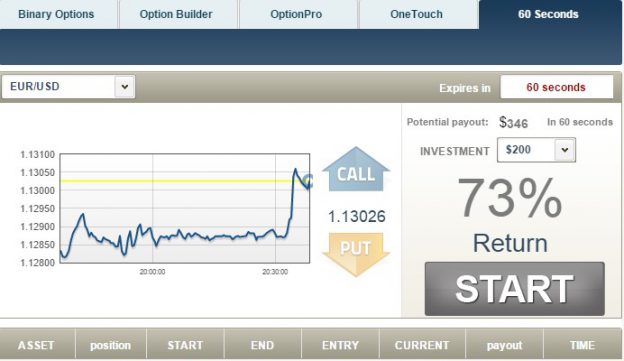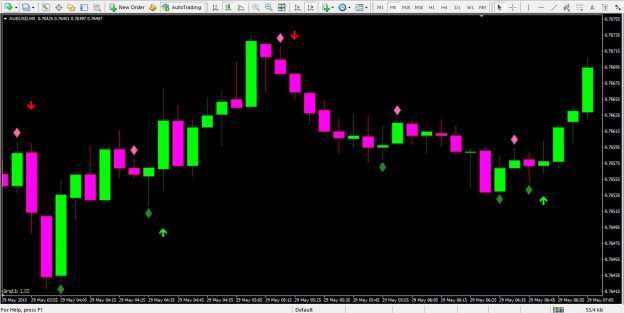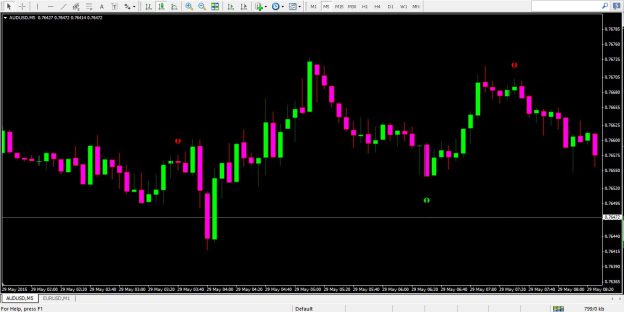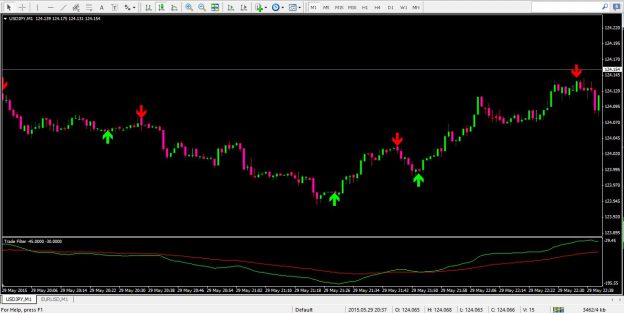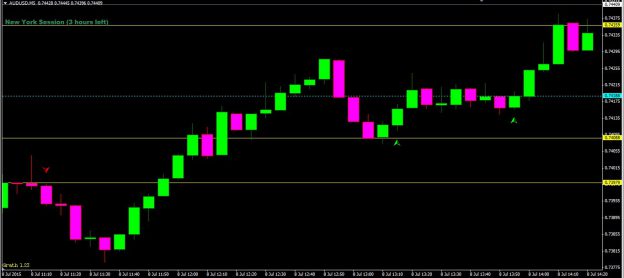
The first step to improving your Binary Options trading results requires the ability to examine your actions and do a thorough, honest self-evaluation. Let’s call it taking an inventory of your actions and how you react emotionally to a situation because, after all, you are the most important part of the trading equation. In an interviewed with Mark Douglas, author of The Disciplined Trader and Trading in the Zone, he offered the idea that every outcome of a trade decision based on a technical chart pattern is a
random act. It is not a 100 percent guarantee that a chart pattern that resembles a bull flag will extend higher every single time. The problem is not the chart or the market but the actor, Douglas contended. I have found one popular phrase that often leads investors down the road to the poorhouse, either from actual monetary losses or from missed opportunities. I heard it from all different types of people. It did not matter what gender they were or what part of the country they were from. The fact is a lot of people used it. The phrase was: “I’ll think about it.” A Binary Options trader needs to take action rather than wait and see and then react to the market. As a trader, you need to be quick. A sudden brain spasm spawned
by fear, doubt, or greed will most likely not bring consistently good results.
Hesitation is a trader’s enemy. That is the message in the guideline, “Plan
your trade, and then trade your plan.” Let me give you a few examples of when “I’ll think about it” happens. A binary options investor identifies a trade opportunity and looks to buy near a significant support level if prices decline to the planned entry area. The binary options trader establishes a risk factor based on a monetary loss or on a technical violation of a support level. Things are pretty good so far, as it seems the Binary Options trader has done the necessary homework. Now comes the time to place the trade. Ah, “I’ll think about it” pops into mind, and the trade is never entered. What happened? A lack of confidence in analytical ability, self-doubt that the trade will work, or fear that the trader’s pride will be hurt if the trade prediction does not work? Maybe the Binary Options trader is afraid of losing money or if the trade is a loser, a humiliating experience. So, the binary options trader decides to wait a few minutes to watch the market. You know that if the trade had worked out as planned, the four famous words
“I’ll think about it” would be forgotten. What fearful traders do think and
say is, “I should have done that” or “I knew that was going to be a winner”
or, better yet, “Boy, I don’t know what got into me. That would have been a
great trade.” Remember the “plan your trade, trade your plan” axiom? Even if a trade
does not work out, isn’t it better to take a risk and fail than to never take a
risk at all? After all, not every trade will be a winner. That is why you are—
or should be—using risk capital when trading. If you took a poll of investors, binary options traders, brokers, and retail customers and asked them, “What does it take to be a successful trader?” what
do you think the answer would be? Timing. Pure and simple, timing. Timing
your trade entries. So do your homework, plan your trade, and execute that plan by entering your orders. If the trade does not work out, examine what the results were so you can learn from the experience. Here’s a trading thought to share with you: “It’s okay to lose your shirt
in this business, just don’t lose your pants because that is where your wallet
is.” In other words, it is okay to lose, but don’t lose everything because then
you have no equity to come back with. Losses need to be minimized and examined. Study what went wrong and use your findings as experience for the
next trade. As Jesse Livermore and other famous traders have observed, you are
out of the game if your stake is gone. Don’t lose it all in one shot. That is
where money management techniques can prove to be vital for your survival
in this game. That applies to both losers and winners. Profits need to be
taken. If you believe in managing risks, you need to manage profits, too, because the markets give and they definitely take away.





